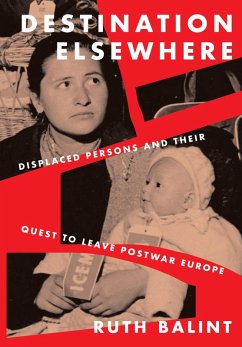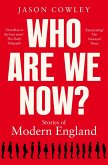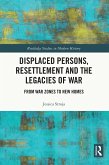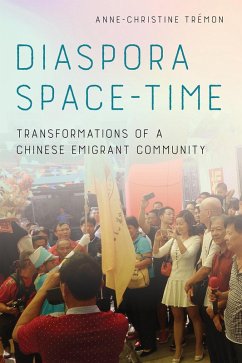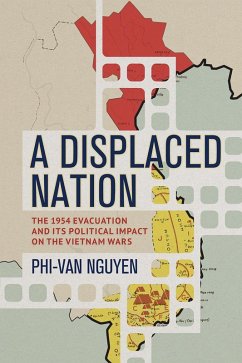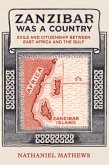In this unique "history from below," Destination Elsewhere chronicles encounters between displaced persons in Europe and the Allied agencies who were tasked with caring for them after the Second World War. The struggle to define who was a displaced person and who was not was a subject of intense debate and deliberation among humanitarians, international law experts, immigration planners, and governments. What has not adequately been recognized is that displaced persons also actively participated in this emerging refugee conversation. Displaced persons endured war, displacement, and resettlement, but these experiences were not defined by passivity and speechlessness. Instead, they spoke back, creating a dialogue that in turn helped shape the modern idea of the refugee.
As Ruth Balint shows, what made a good or convincing story at the time tells us much about the circulation of ideas about the war, the Holocaust, and the Jews. Those stories depict the emerging moral and legal distinction between economic migrants and political refugees. They tell us about the experiences of women and children in the face of new psychological and political interventions into the family. Stories from displaced persons also tell us something about the enduring myth of the new world for people who longed to leave the old.
Balint focuses on those persons whose storytelling skills became a major strategy for survival and escape out of the displaced persons' camps and out of the Europe. Their stories are brought to life in Destination Elsewhere, alongside a new history of immigration, statelessness, and the institution of the postwar family.
As Ruth Balint shows, what made a good or convincing story at the time tells us much about the circulation of ideas about the war, the Holocaust, and the Jews. Those stories depict the emerging moral and legal distinction between economic migrants and political refugees. They tell us about the experiences of women and children in the face of new psychological and political interventions into the family. Stories from displaced persons also tell us something about the enduring myth of the new world for people who longed to leave the old.
Balint focuses on those persons whose storytelling skills became a major strategy for survival and escape out of the displaced persons' camps and out of the Europe. Their stories are brought to life in Destination Elsewhere, alongside a new history of immigration, statelessness, and the institution of the postwar family.
Dieser Download kann aus rechtlichen Gründen nur mit Rechnungsadresse in A, D ausgeliefert werden.

